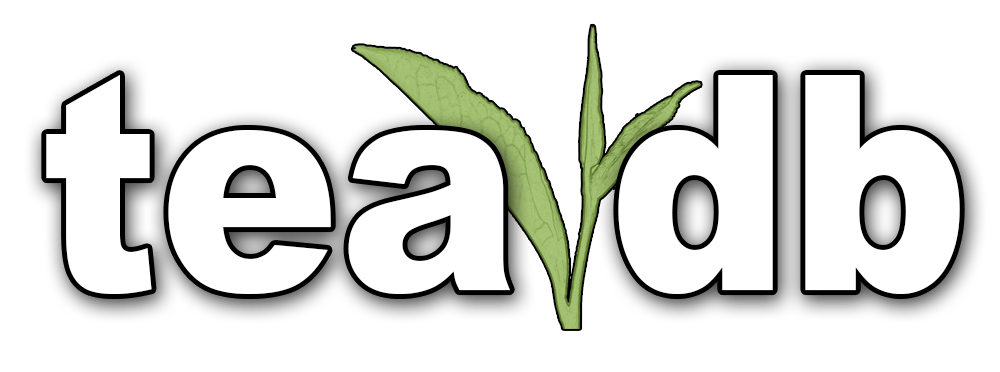This month’s tea genre was Japanese greens, composing of Sencha and Gyokuro. This means I drink that genre of tea in some form at least once a day. This could mean gong-fu, grandpa, or even a cold-brew. I’ll still consume other teas, but the primary focus is understanding and building a palate for a specific type/genre/region of tea through repetition. This the most personal blogging type style of post for TeaDB, and the goal is to stretch my palate as well as give recommendations to interested parties.
Primary vendors ordered from:
Also featuring:


